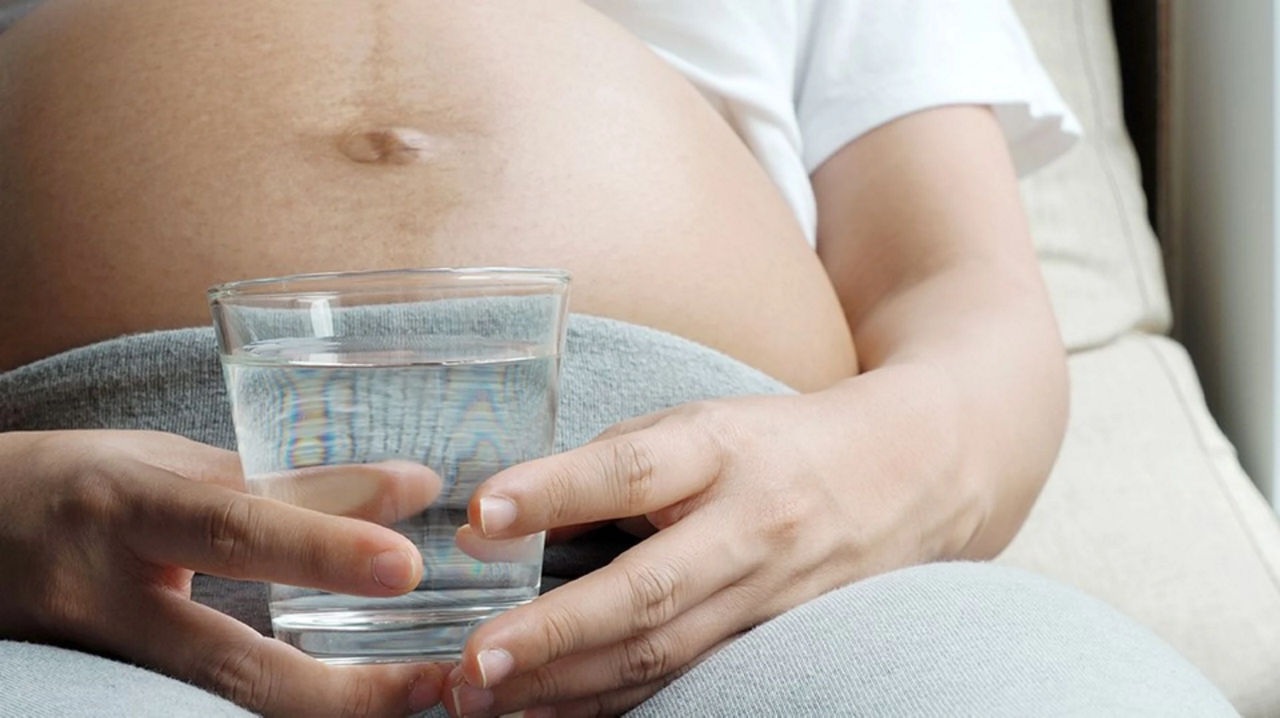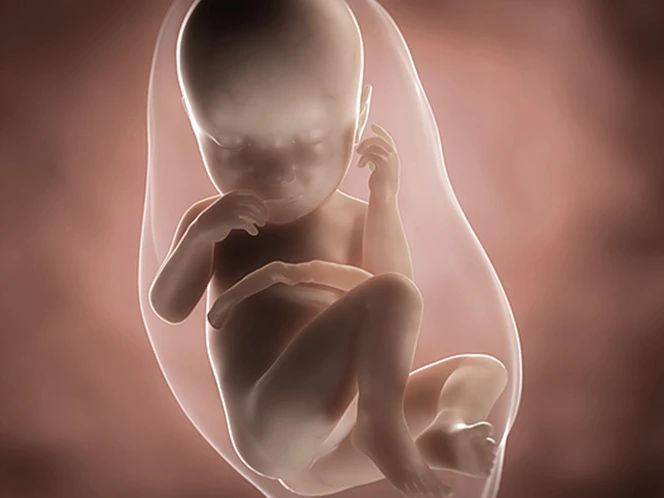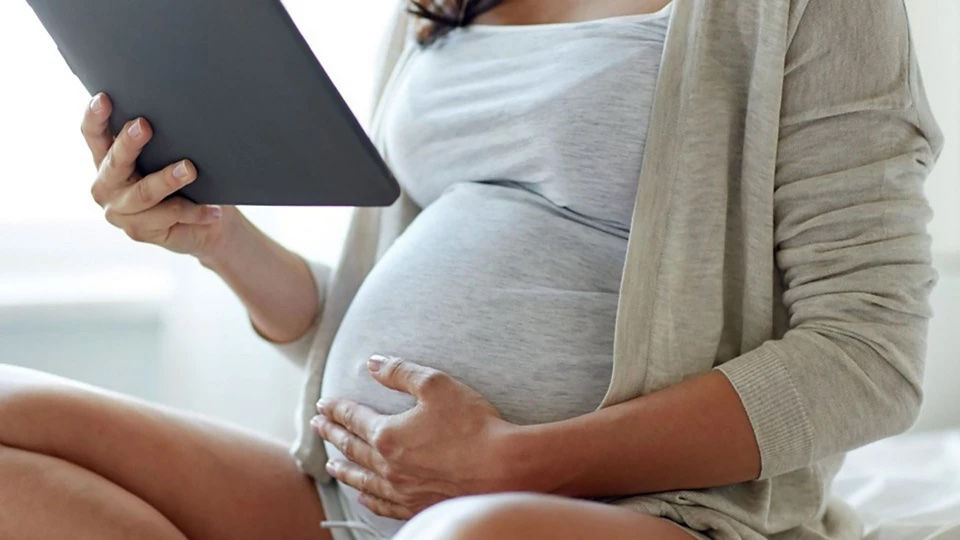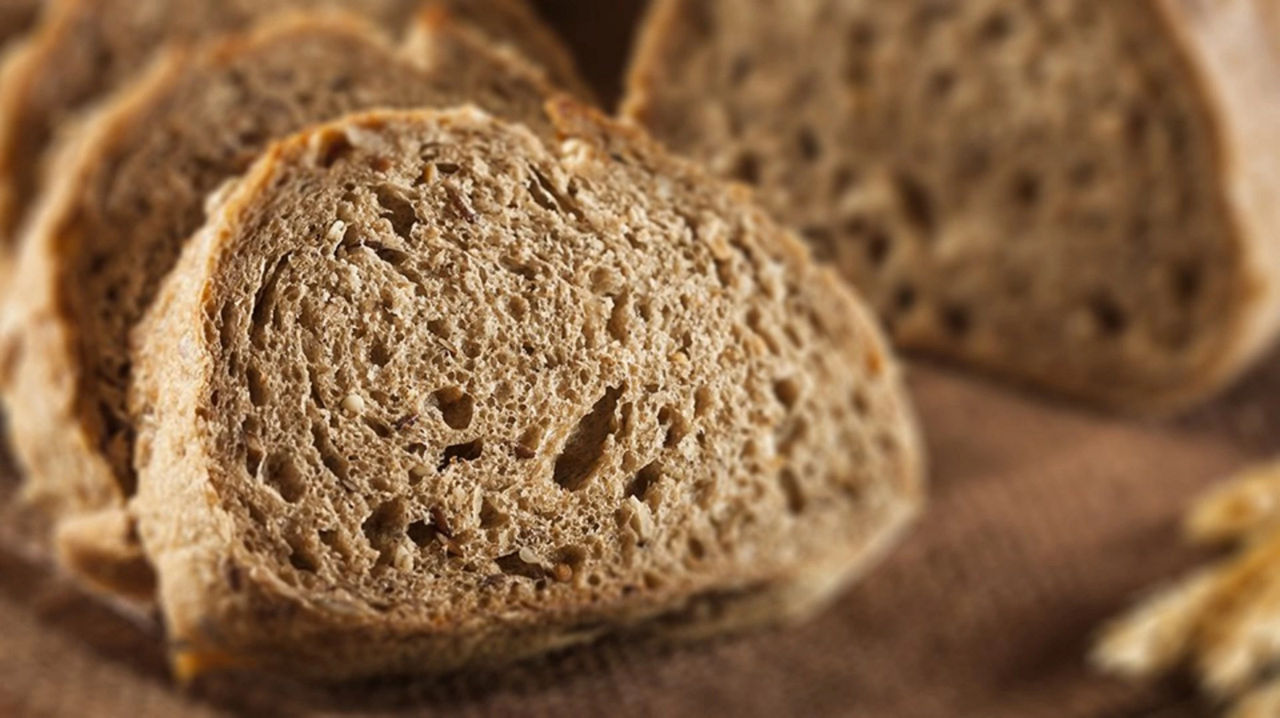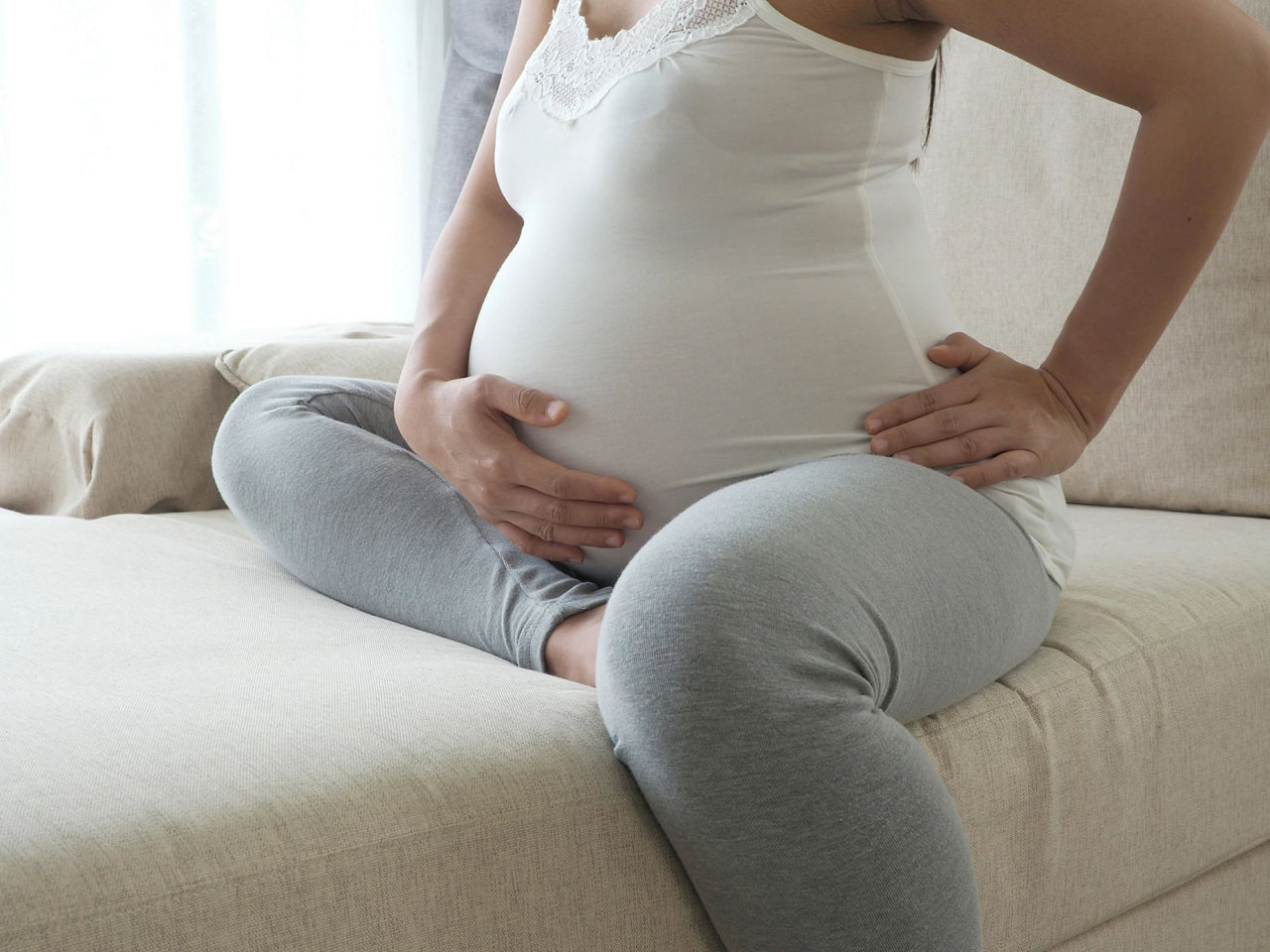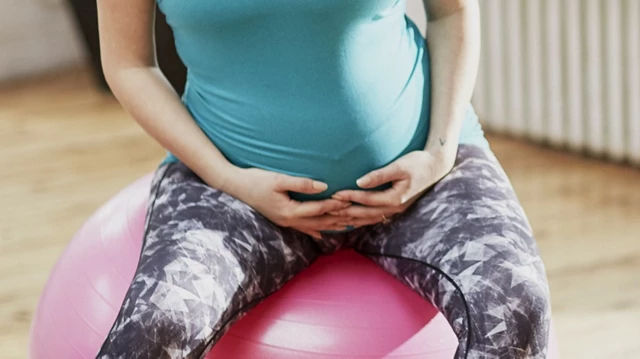At 36 weeks pregnant, you’re now well into your third trimester. Your due date is fast approaching, and you’re getting closer to meeting your baby for the very first time. Remember that there’s always a possibility that your baby will arrive a little sooner or a little later than expected – there's simply no way to know. In fact, only 5% of babies are born on their predicted due date, so be prepared for your baby to come in their own good time1.
At this point in your third trimester, you may be starting put the finishing touches to your birth plan (if you’ve chosen to make one) and packing your hospital bag ahead of your labour and birth. This can feel like a very exciting time, as you get ready to welcome your baby into the world.
Let’s take a look at what you can expect from week 36 of your pregnancy, including some common pregnancy symptoms, your growing baby’s development, and why taking some time to wind down before your baby arrives can really make all the difference.

